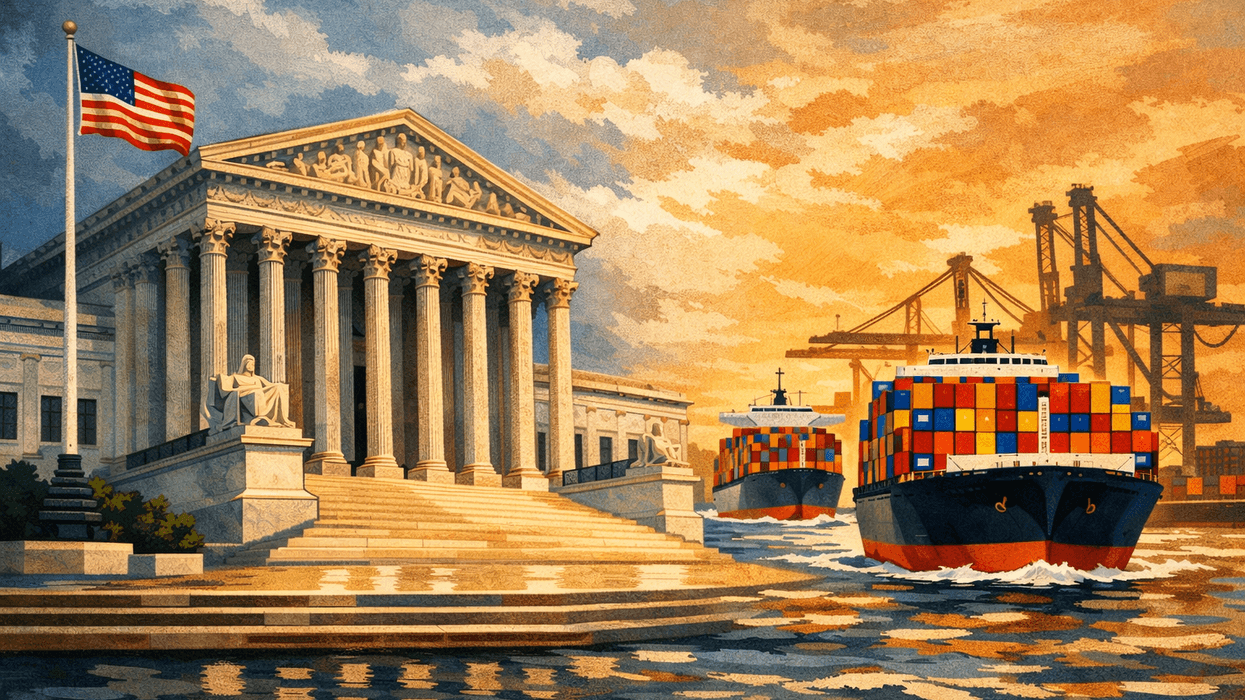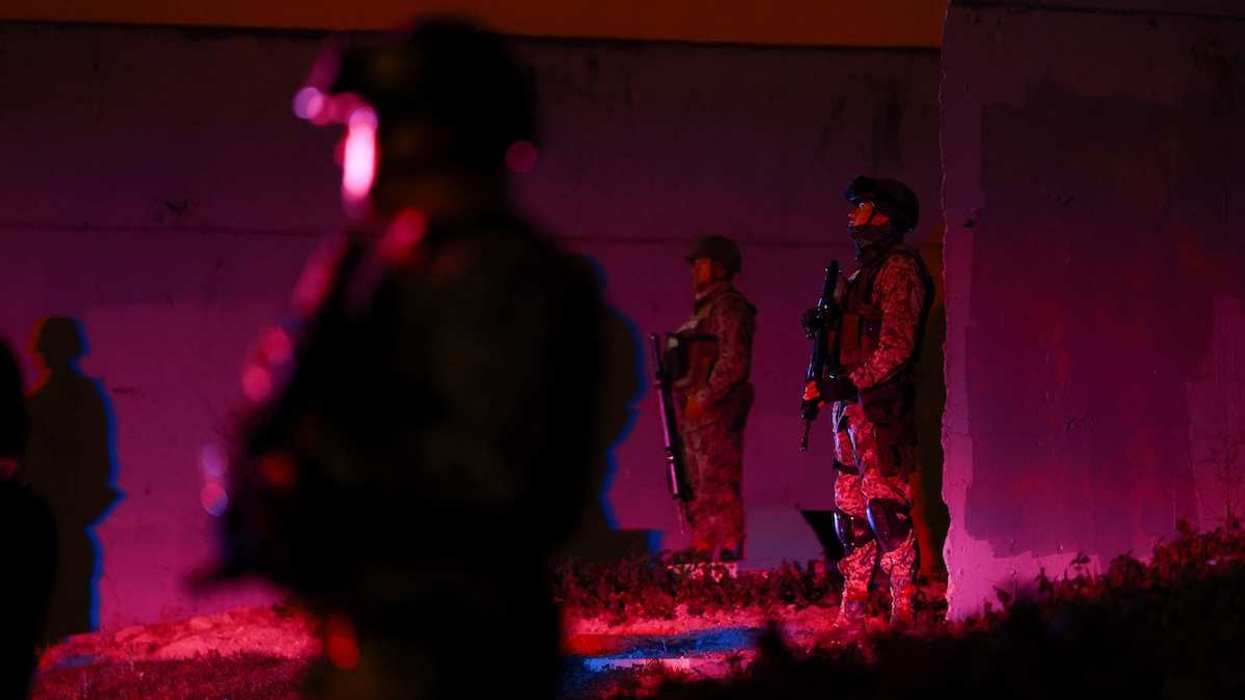After a summer of discontent, an isolated and struggling Justin Trudeau announced Monday that he has persuaded a superstar to finally lace up his skates and join the struggling Liberals on the ice.
Mark Carney, who has until now been watching from the stands, occasionally offering helpful critiques, will chair a task force on economic growth for Trudeau and help write the party’s platform. This is plainly good news since Carney is an expert economist, and the Canadian economy has been lagging even as the population rapidly expands. Trudeau’s situation is so dire, however, that insiders wonder if he will have to hang up his skates and make Carney the captain before it’s game over.
But Trudeau needed a plan to share with his MPs, who had gathered in Nanaimo, British Columbia, for the first time since his party lost a byelection in what should have been a safe Toronto seat back in June.
Time to go?
One MP has said publicly that Liberal politicians are hearing the same thing pollsters are: that Canadians want Trudeau to leave.
An insider with deep roots in the party says many other MPs have told Trudeau the same thing privately over the summer. “They told him, ‘Great record, great accomplishments,’ pumped his tires. ‘But you should go.’ He said the same thing to them all. ‘Thanks very much, but I disagree.’”
For two years, fearsome Conservative Leader Pierre Poilievre has led in the polls. A poll this week shows him 20 points ahead, which would lead to an electoral wipeout for the Liberals in the electoral reckoning ahead.
Trudeau may not be able to postpone that reckoning for long. A week ago, the left-leaning NDP withdrew its support in Parliament, saying it could no longer prop up the “radioactive” Trudeau. Trudeau does not face an immediate vote in the House, and he can hope to get through confidence votes with the support of either the NDP or the separatist Bloc Quebecois, but he is in for a tense autumn.
The omens are not good. He was recently publicly chewed out by an irate steel worker. His campaign director has quit, apparently in despair at the party’s prospects with Trudeau at the helm. Veteran staffers are headed for the exit.
And it may get worse. Next Monday, the same day MPs return to Parliament, there will be a byelection in a downtown Montreal riding that should be safe for Trudeau. Polls show the Liberals are in a tight three-way race.
A good candidate, on paper
Carney’s new role has Liberals wondering if he could step in, as Kamala Harris did, and attempt a comeback. But Liberals are not sure.
On paper, few people are better qualified. Carney grew up in Alberta, went to Harvard on a hockey scholarship, and then went to work for Goldman Sachs before doing a doctorate at Oxford. He returned to Goldman Sachs, became an official in the Canadian Finance Department, and then governor of the Bank of Canada, earning praise for successfully guiding Canada through the 2008 financial crisis. In 2012, he became governor of the Bank of England – the first foreigner to hold the job – and guided the bank through Brexit, which he rightly warned would cause economic troubles.
Since then, he has been a UN climate envoy, pushing markets to better account for their emissions, and vice chairman of Brookfield Asset Management, a Canadian investment fund.
Carney’s understanding of the economy, markets, and the green energy transition is world-class, but he is not quite a bloodless wonk. Throughout his career, he has demonstrated deft communication skills, showing sangfroid under withering attacks during Brexit, for example. But political operatives worry — based on long and bitter experience — that those skills may not easily transfer to the cutthroat world of partisan politics, where repetition, simplicity, and emotional resonance typically trump subtlety, precision, and elegance of expression.
Can he do it?
“How does this guy with a stellar CV translate that to domestic retail politics?” says Graeme Thompson, a senior analyst with Eurasia Group. “Does he know his way around a Tim Hortons in Red Deer? Can he do that? That, to me, is an open question.”
But Carney seems intent on getting on the ice. He is tying himself to the least popular politician in Canada for a reason.
“If he ever wants to run for the job, he can’t say no when people ask him for help, especially when it’s right in his field of expertise, and obviously the government could use it,” says someone familiar with the talks between Trudeau and Carney.
After all, if Trudeau does decide to heed the advice of those urging him to join Biden in retirement, Carney will be there, having freshly designed the economic platform for the next campaign.
It might not be a great strategy to put an untested rookie up against a bruiser like Poilievre late in the third period, but the Liberals are running out of time and options.



















